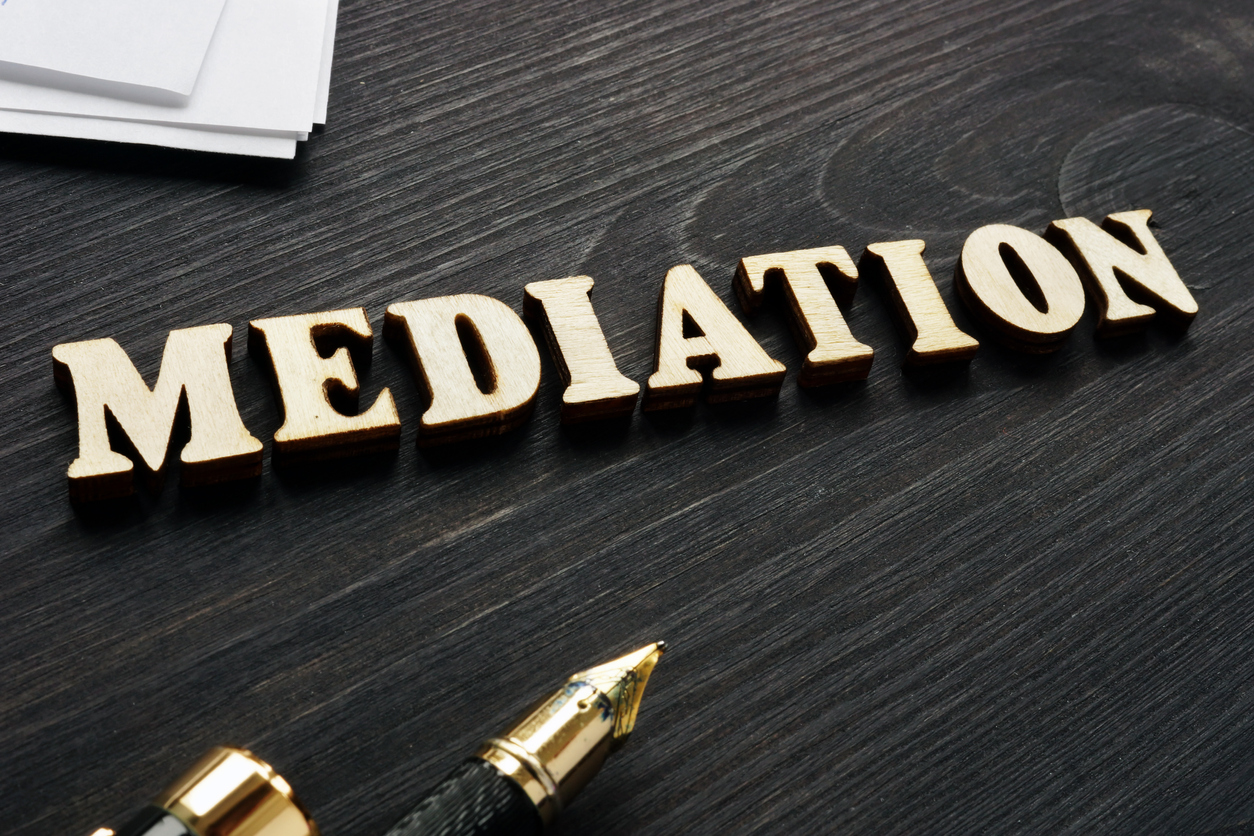United States magistrates are federal judges with extensive authority over civil cases. Many policyholders are surprised to learn that magistrate judges can preside over mediation conferences. For example, during initial case management conferences, many districts allow litigants the opportunity to schedule a mediation conference with a magistrate judge. This can be a great option for policyholders when the case appears to have discrete litigation issues, the facts and circumstances of the case are unusual, or the matter is close to settlement.
Magistrate judges also often ask litigants whether they might be able to help the parties reach an amicable resolution and offer their services on their own volition. And, of course, the assigned district judge or magistrate judge might simply issue an order for the parties to mediate with a federal judicial officer.
There are several benefits to mediating with a federal magistrate judge. These include:
- Magistrate judges are some of the best lawyers in the country. The selection process to serve as a magistrate judge is intensive and exclusive, and only the best need apply. Before taking the bench, each magistrate judge has in some way distinguished himself or herself through service, education, skill, and ability. Better still, their integrity and adherence to a fair and impartial process is beyond contestation.
- Magistrate judges have the resources to prepare and serve as knowledgeable mediators. In addition to a lifetime of experience, magistrate judges have staff and courtroom personnel that can help them research issues of law and investigate the proceedings. Most magistrate judges require pre-conference briefing from each party, and they closely scrutinize all submissions before the parties arrive at the conference.
- Magistrate judges have often been involved with the case since its inception. Throughout the case, it is very likely that magistrate judges have issued orders or reports and recommendations. They are often intimately aware of the case’s procedural posture, facts, and deadlines.
- Magistrate judges can provide the parties the perspective of a judicial officer. One of the biggest unknowns in any litigation is how a judge will rule on motions. Although lawyers are trained to think like judges and make the best persuasive argument possible, attorneys are still advocates for their clients. A magistrate judge can fairly and neutrally evaluate the parties’ positions and provide them insights on whether their arguments or positions have merit or are destined for a rough road.
- Magistrate judges have inherent authority and prestige in the profession. Just because a magistrate judge is serving as a mediator does not mean that their judicial commissions go away for a few hours. Magistrate judges command immense respect, and their presence can stop a lot of the bloviating and intimidation tactics that have unfortunately become so prevalent in mediation conferences.
Unfortunately, there is at least one drawback to asking a magistrate judge to preside over a mediation conference: possible recusal. Inevitably during the mediation conference, the magistrate judge will receive some information that the parties want to remain confidential. Information regarding a litigant’s case evaluation, perceived settlement value, and identified case difficulties will likely be transmitted to the magistrate judge at mediation. After mediation conferences, magistrate judges may feel that their ethics and exposure to confidential information require them to recuse themselves from further proceedings. In a case that has been litigated for years, this might mean that a magistrate judge who has presided over many of the most intricate issues in the matter will no longer be the judge assigned to the case. To get around this, some magistrate judges require the parties to waive in writing any possible recusal issues before they mediate a case. However, it is still the practice of many magistrate judges to recuse after the mediation conference.




